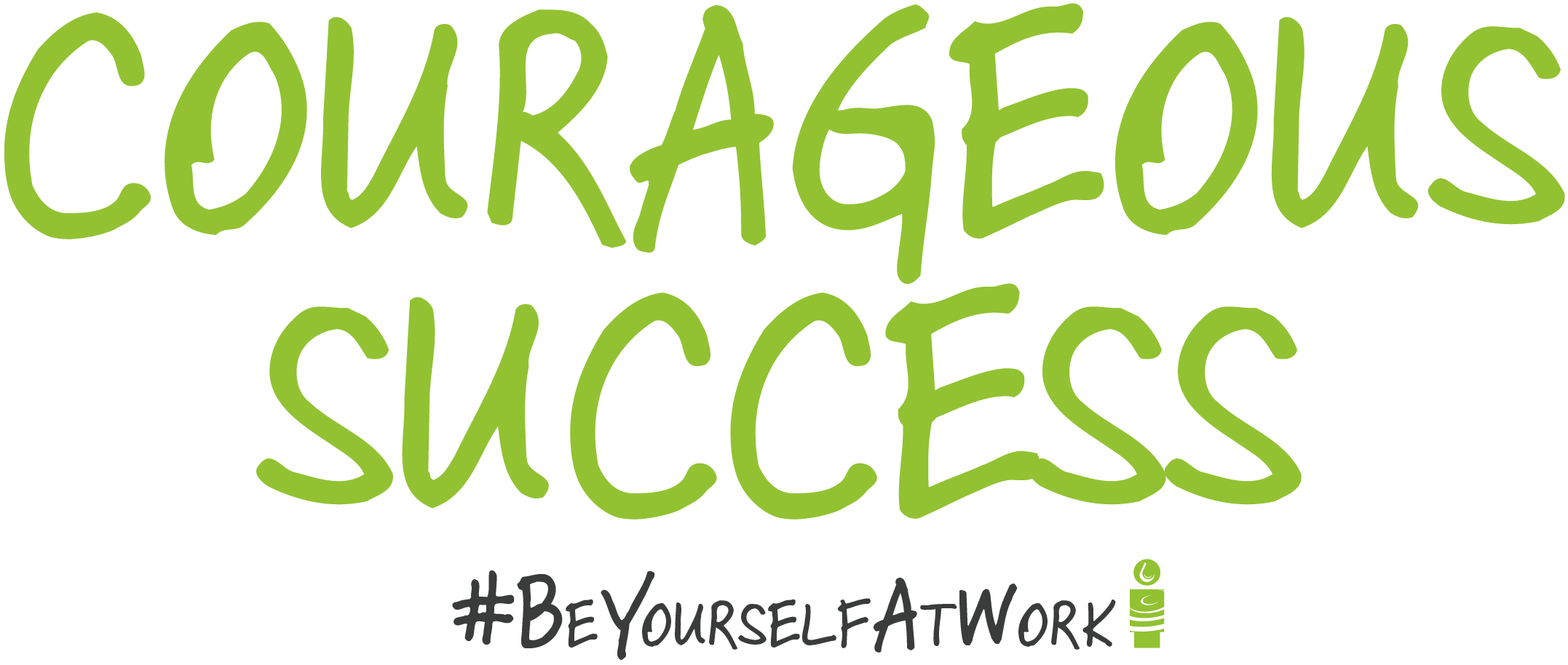“58 percent of people say they trust strangers more than their own boss.”
HBR Survey
A stat quoted in Forbes, also from the same article; “this is truly shocking. We live in a world where cultural trust is at an all-time low, but also, in certain areas, at ground-breaking levels. Never before would we ask a stranger to drive our kids around town until Uber and Lyft arrived. However, distrust of leadership should be worrisome to all of us who have jobs.’’
#Beyourselfatwork and bringing your whole self to work, being authentic as a leader, is a positive call to make working cultures more human and real. Being authentic as a leader, builds trust.
The Great Place to Work Institute (100 Best Companies to Work For) believe that “trust between managers and employees is the primary defining characteristic of the very best workplaces”.
Trust and authenticity are important in creating what Dr. Amy Edmondson, first identified as “psychological safety” defined as “a climate in which people are comfortable being (and expressing) themselves.” Her work, revealed in HBR, shows that psychological safety predicts quality improvements, learning behaviour and productivity. An internal study conducted by Google found that teams with high rates of psychological safety were better than other teams at driving high performance. They were also more likely to stay with the company.
What is authenticity in leadership is an interesting question. Often it can have a bad name as it is used as a badge to helpfully ‘explain’ poor behaviour in leaders, ones that certainly wouldn’t be considered role model behaviours.
Writing in the Huffington Post, Bill George the author of Authentic leadership in 2003, paraphrases another author. He was observing that the term ‘Authentic Leadership’ has more recently been re-interpreted and used as an excuse for bad behaviour; ”being locked into a rigid view of one’s leadership, being rude and insensitive, refusing to change, or not adapting one’s style to the situation.’’
We know, as George states, that this poor behaviour does not reflect their authentic selves…. “people are not born jerks……but by understanding themselves and reframing their experiences, they can find the pearl inside that represents their authentic selves…that’s why exploring who they are and getting honest feedback from their colleagues are essential elements of becoming authentic leaders.’’
If you are a leader reading this, how’s your self-awareness? Most leaders think theirs is high. In our experience, it’s not likely to be as high as you think!
In definitions of authentic leadership today, compassion, heart and self-awareness are all cited.
Psychologist and consultant Dr Fiona Beddoes-Jones research with real leaders “identified that there are 3 key factors to Authentic Leadership. Authentic Leaders are self-aware, self-regulating and ethical.
Bill George states five qualities for authentic leadership: understanding their purpose, practicing solid values, leading with heart, establishing connected relationships and demonstrating self-discipline.
We would add; being self-aware, knowing your triggers and how to manage them, managing our insecurities and self-consciousness so that we control our reactions, parking ego, being collaborative and showing vulnerability.
Our research and work for over 10 years in the field of ‘bringing the best you’ to work shows the same!
Courageous Success clients rate their ability to use their natural authenticity and strengths to maximise their performance as 88% – as a result of iAM (personal values profile) they truly understand themselves at heart, and report the positive impact on their leadership as 85%.
In practice this means being real: not conforming to an ideal, losing your self-consciousness and instead bringing the real you into work.
Being aware of the impact you have on others.
Thinking about what role model you are.
#BeYourSelfAtWork
